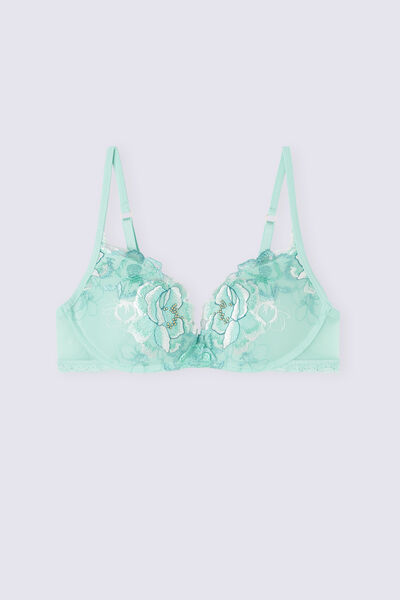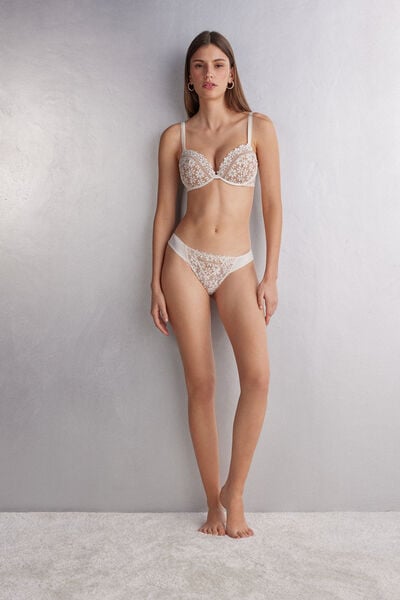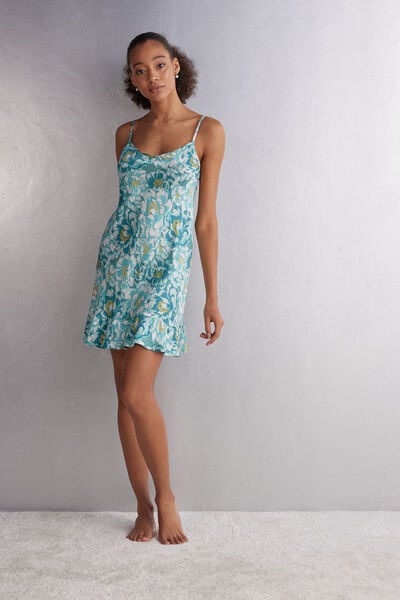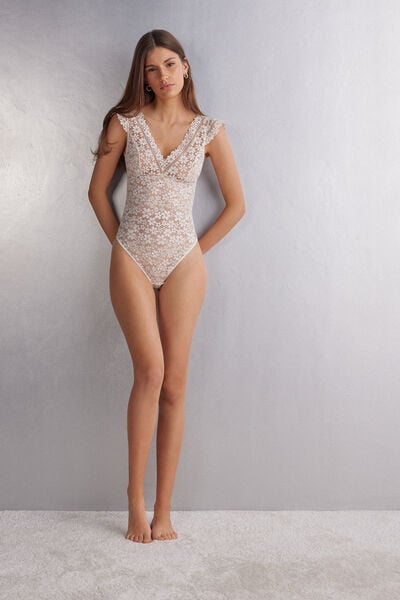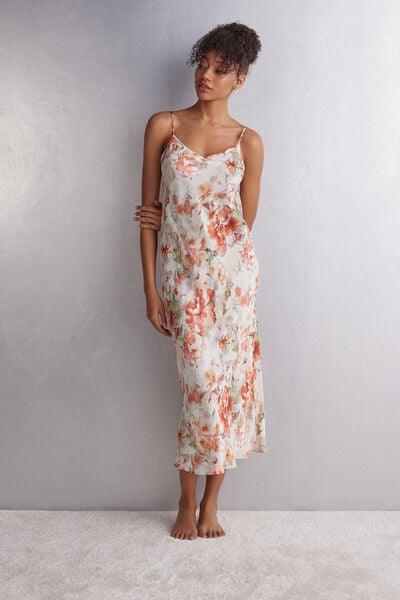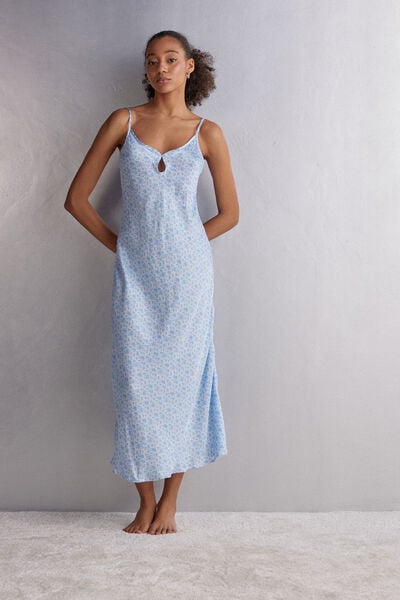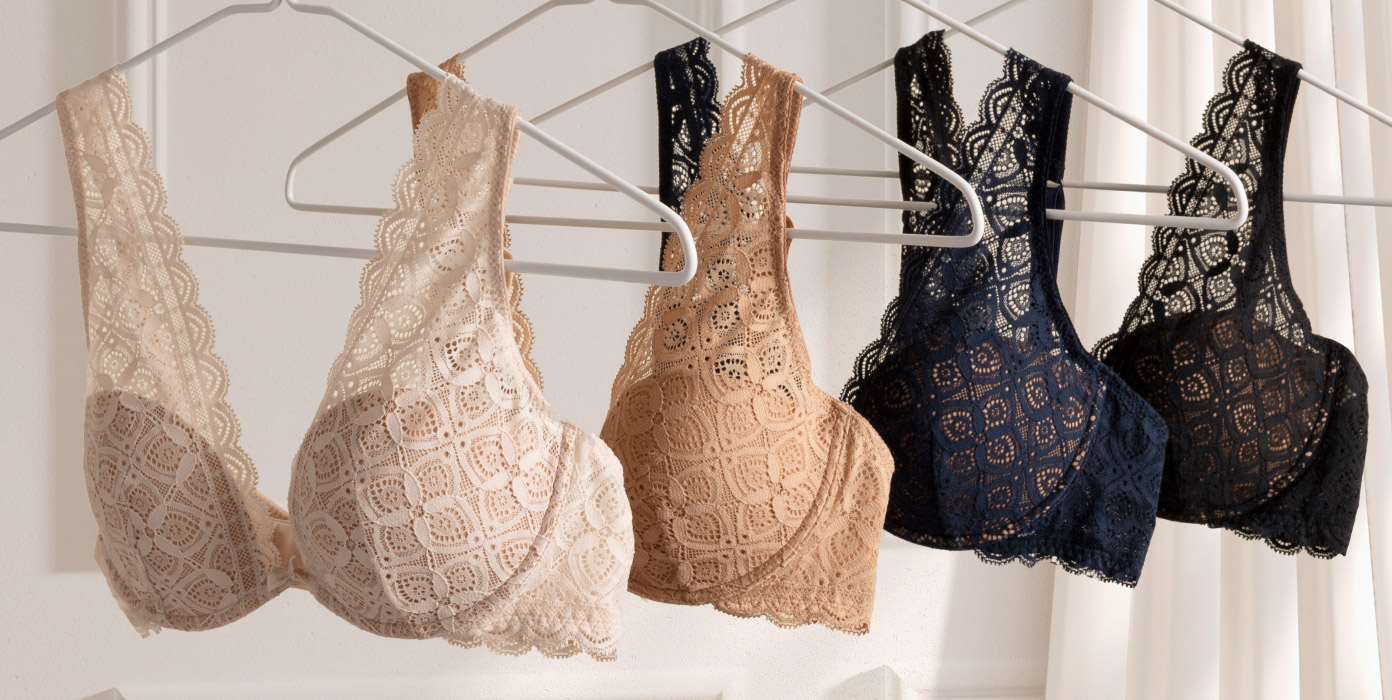Register
If you would like, it will only take a few clicks to take advantage of all the benefits of the loyalty programme too
If you are already a My Intimissimi loyalty card holder, it is quick and easy to register. Simply enter the code and PIN that you can find on your card.
Please enter your phone number
Please enter your phone numberThanks, we’re nearly there!
You will shortly receive an email with an OTP code to confirm your registration. Enter it below and complete the process.
Incorrect OTP code entered. Enter it again
The OTP code entered has expired. Please confirm the registration process via the link in the email you received.
Register with My Intimissimi
Your registration has been successful. Now you can enjoy your benefits.
Collection
Our collection and sustainable fibres
We are constantly engaged in research and development of our collections. The entire design process of these takes place in-house. The choice of materials is defined during the development phases of the collection by the style and product departments on the basis of stylistic and qualitative considerations, cost strategies and production capacities.
We are moving towards the selection and use of fabrics with a lower environmental impact. This is why raw materials are carefully selected.
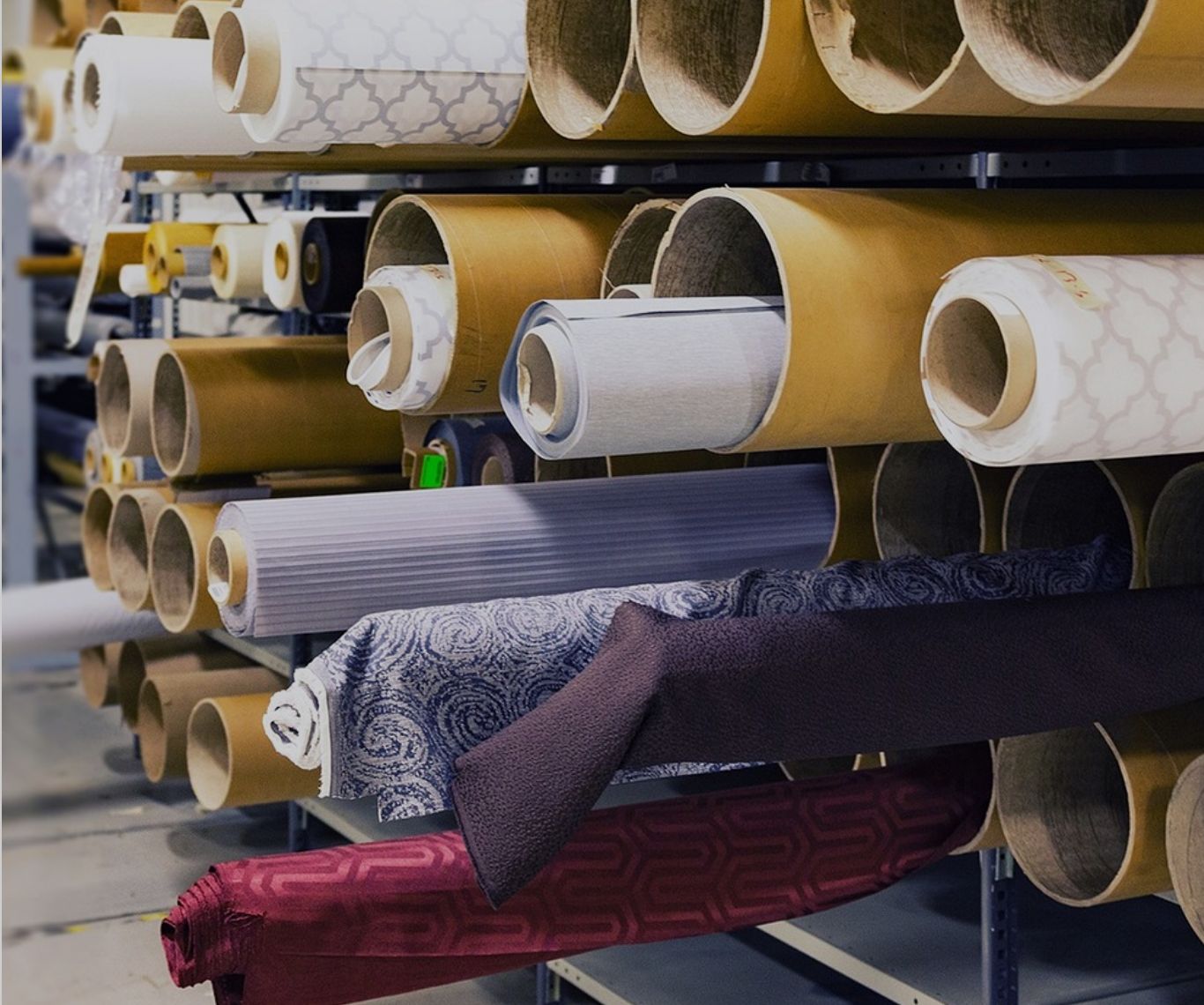
Who we work with for a more sustainable future
MODAL by Lenzing
Modal by Lenzing is an artificial textile fibre of natural origin, belonging to the viscose family. It is obtained by spinning cellulose extracted from beech trees and is characterised by its extreme softness of touch, strength and lustre. The manufacturer Lenzing certifies the entire production chain and guarantees that the beech wood used for production comes from forests in Austria and several neighbouring European countries where no chemicals are used and the regeneration of resources is guaranteed. With this fibre we produce part of our collection in Modal.
Qnova by Fulgar
Q-NOVA® is a fibre with a low environmental impact obtained from regenerated raw materials. It is a highly ecological product that aims to achieve a reduction in CO2 emissions, a lower consumption of water resources and the use of energy from renewable sources. Part of our lace is made from Q-NOVA® fibre.
Bluesign
Part of the silk we use comes from Bluesign® certified suppliers. This innovative system reduces the environmental impact on the entire textile chain, guaranteeing the saving of energy resources, consumer safety, the reduction of water consumption and the reduction of toxic emissions into the air thanks to the elimination of potentially harmful substances.
Being sustainable also means knowing how to take care of your clothes.
